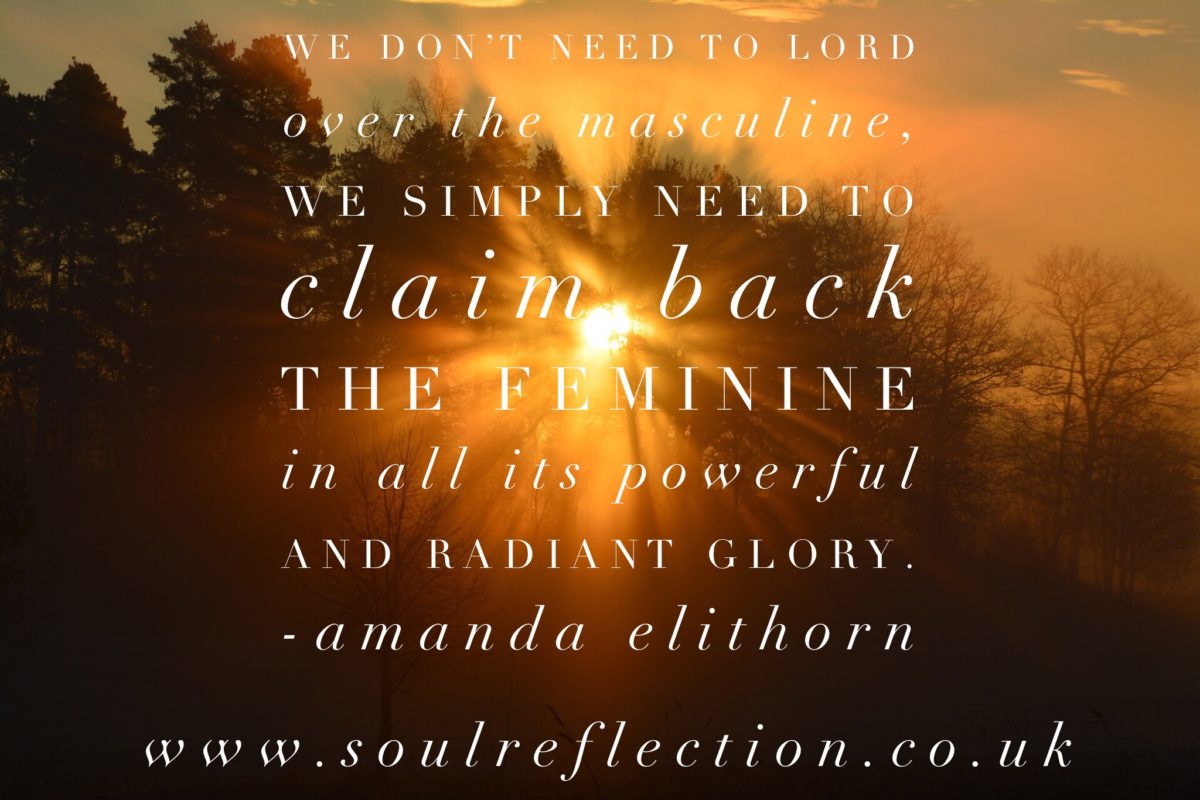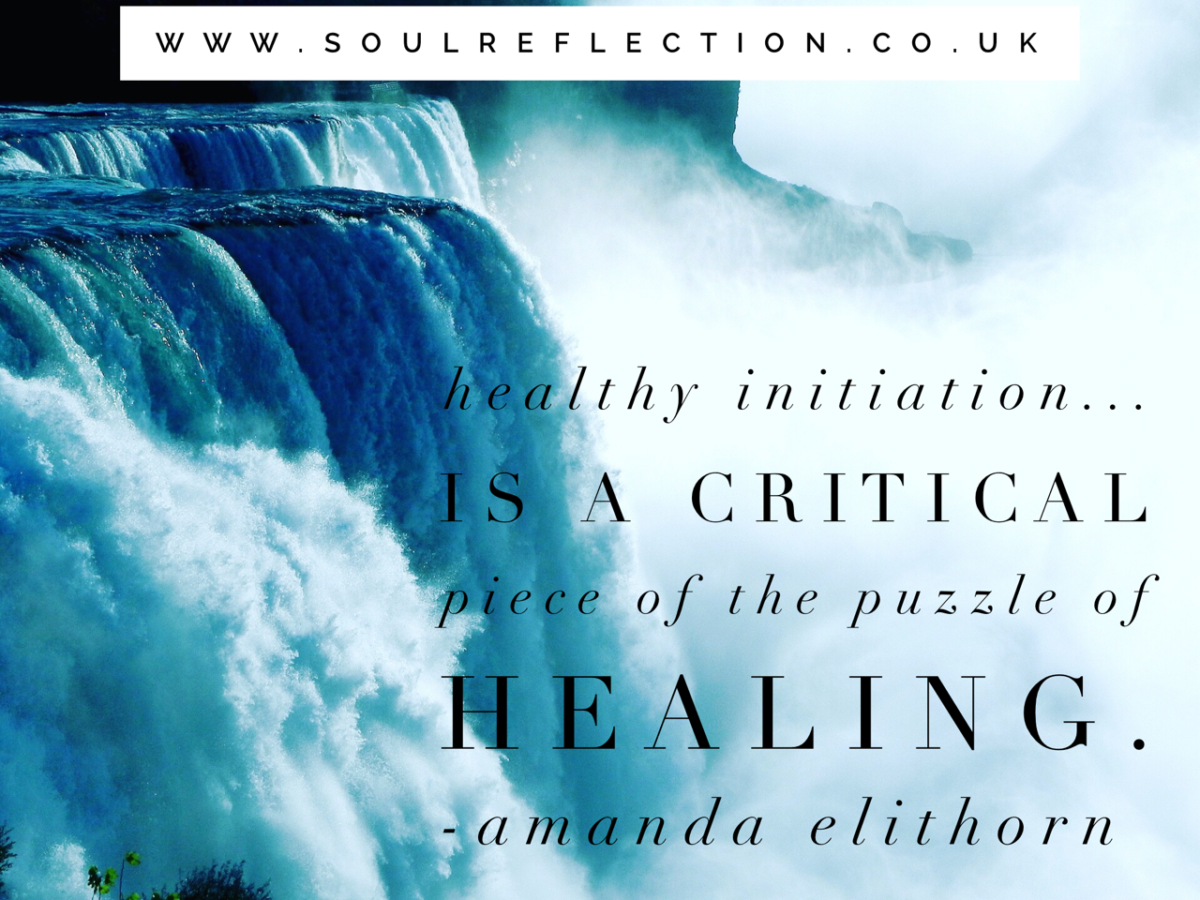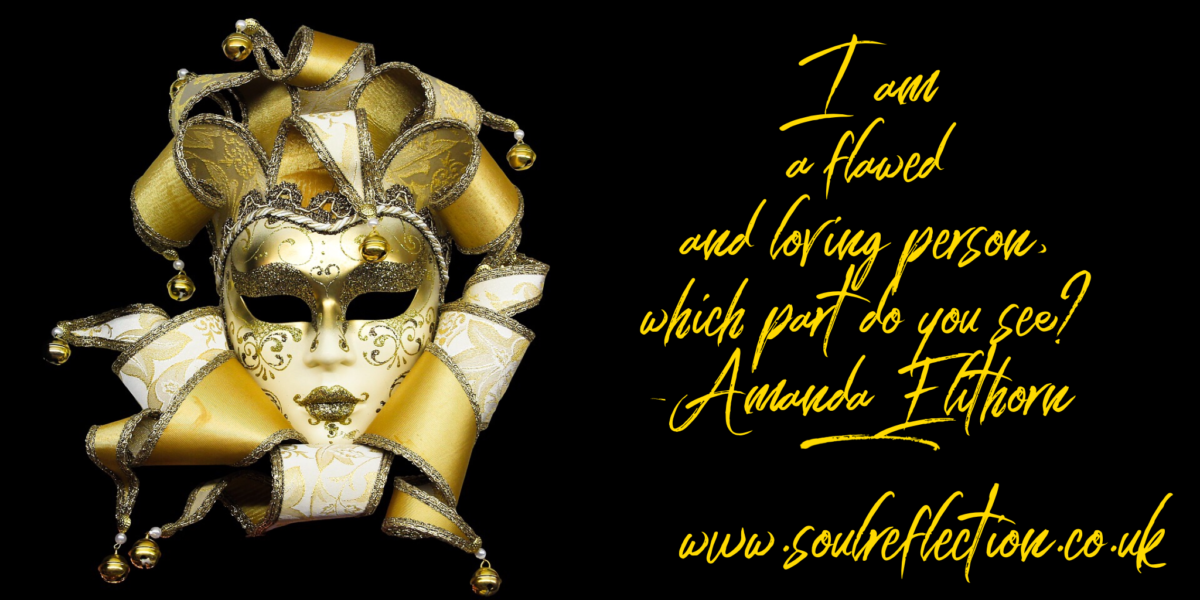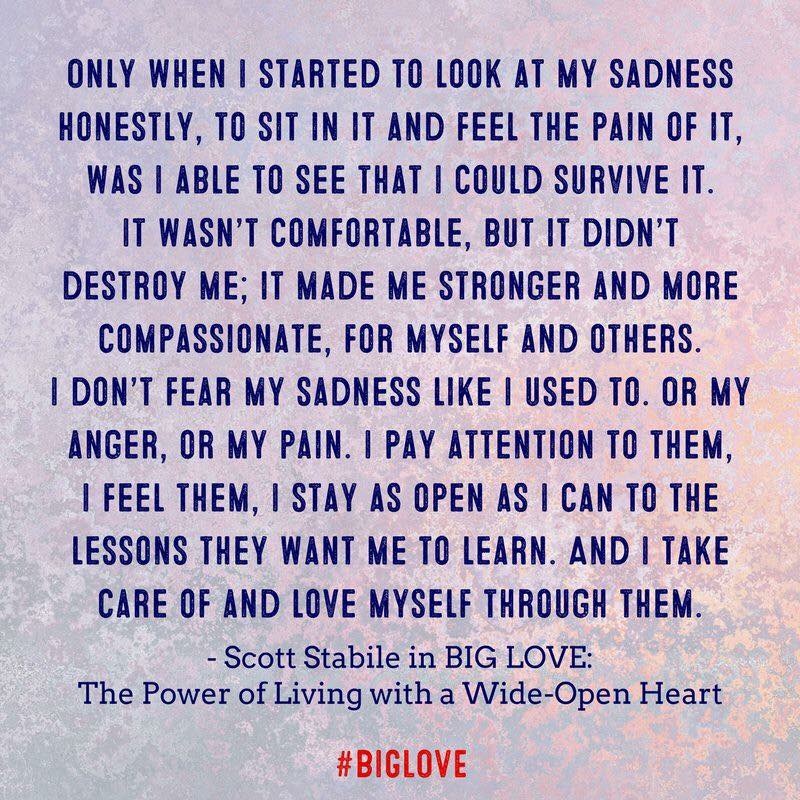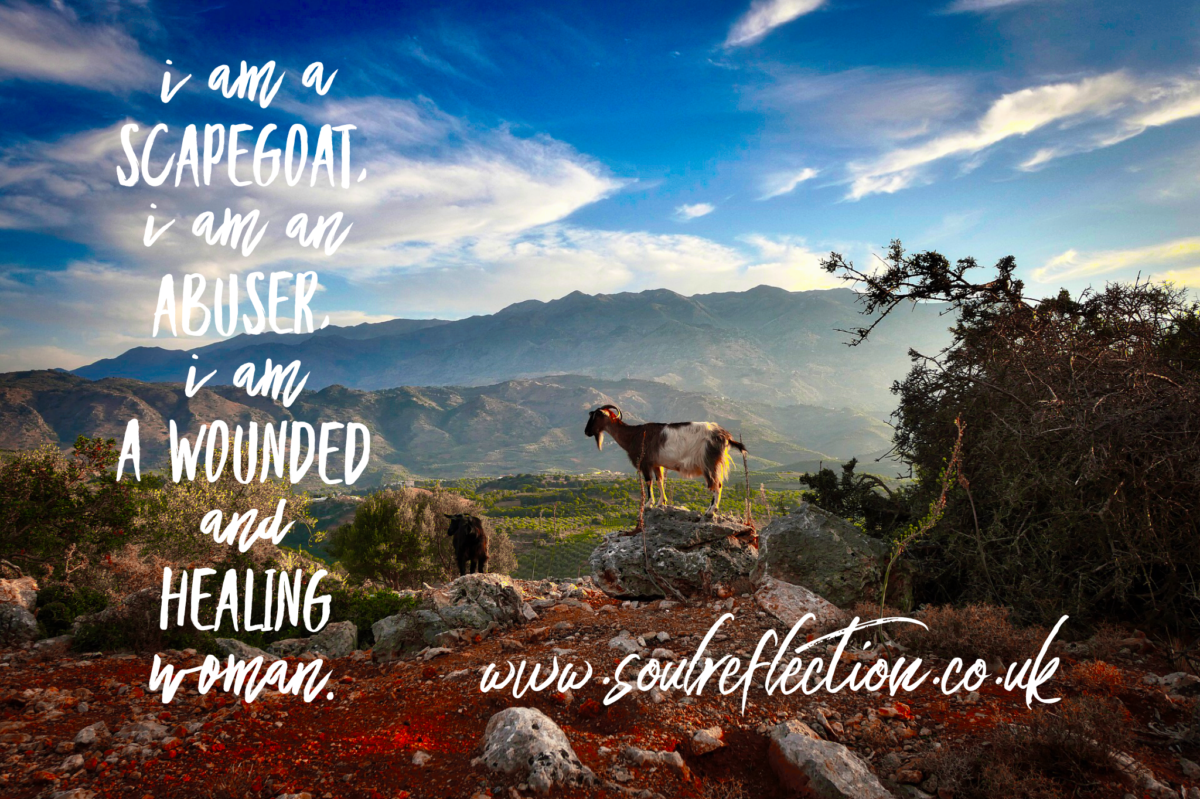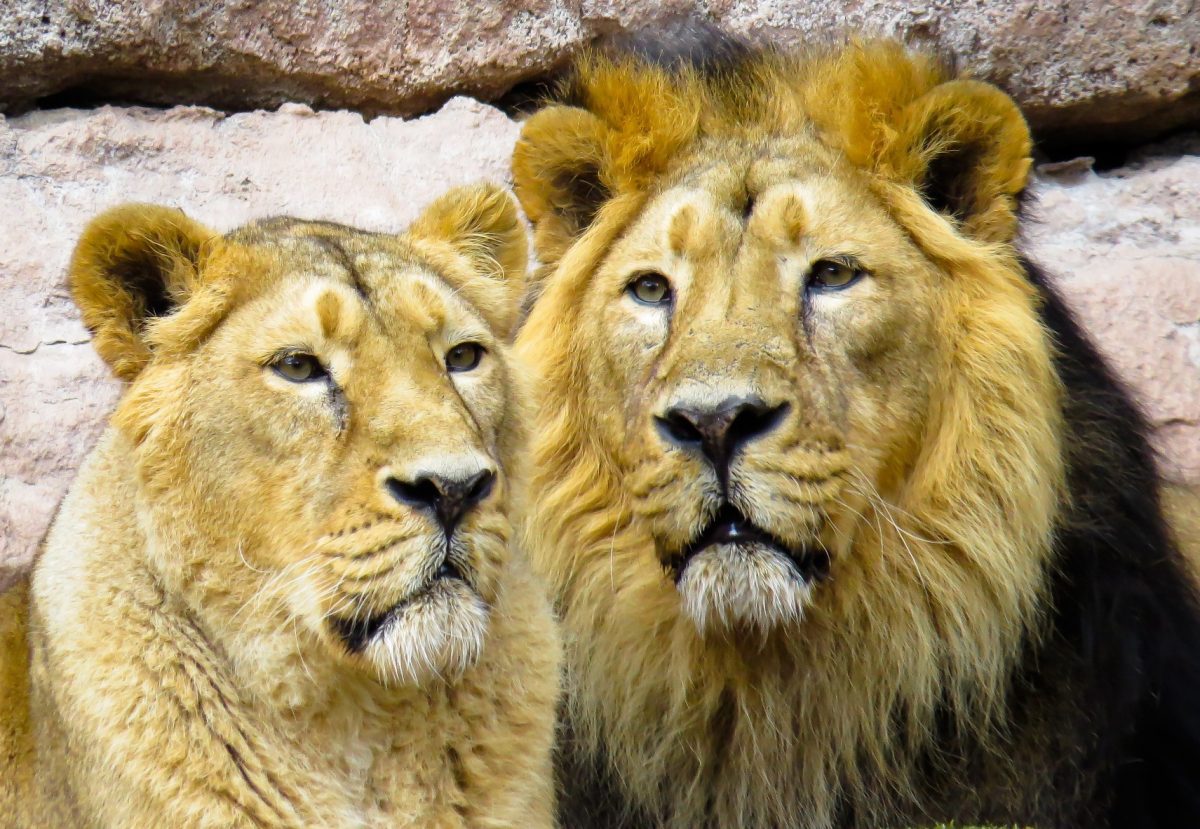I am struggling with the continued dialogue around the toxic masculine predator. Whilst I agree that consent needs to be clear (though hopefully without killing every last vestige of romance and spontaneity), I believe there is a place for female accountability too.
I have stood as a disempowered woman who has said ‘No’, provided the body language of discomfort and rigidity and not been heard or respected. I have had a man’s hand at my throat for not fulfilling his needs; I have said ‘no more’ to the boyfriend I was leaving but he still took more; I have walked away from too many situations feeling unclean, unhappy and abused. And I have had a part to play in that dynamic occurring.
Yes there are the rare but horrifying psychopaths whose terror we would have no control over, but so many of the ‘me too’ stories are women asking for men to define the scenario, to be respectful, healthy, wholesome no matter what they are confronted with. We are again giving away our power by asking them to be solely responsible for holding women safely.
We are asking for men to be brought up to respect women, to do things differently, but why aren’t we asking for women to make this change too? In every relationship dynamic, we can never expect our opposite to make the change, we have to create the change for ourselves and perhaps they might follow our shining example!
Why have we been meeting film directors in their hotel rooms, instead of insisting on a space we are comfortable with? Why do we choose to drink away our inhibitions at frat parties? Why did I stay in the room when I ended a relationship, after I had said ‘no’ to one more time? Why did I not get up at leave, why did I not set my boundaries clearly, why did I not honour and respect myself enough to do what I needed to keep me safe?
We are asking men to respect us, but do we respect ourselves? When do we say ‘No’ with clarity, strength and follow through. I’m not talking about the ‘life in danger’ scenarios, I’m talking about the every day abuses that I hear women happy to rage about but refuse to take accountability for. Yes men have their work to do, but so do women. Should a man take advantage of a inebriated woman, absolutely not. Should a women be inebriated in a circle of people she is not safe with? Are we treating ourselves with respect as we stumble and slur? Are we treating ourselves with respect when we stay with a misogynist boss for the sake of our career? I can hear the thousands of excuses being hurled at me as I write this, the shunning of blame straight back to the men, the justifications for staying when your body was screaming to leave, the fears. I hear them all, I acknowledge them all, I honour them all AND still there is space to take back our power for ourselves, not from men but from the ether where we left it. We don’t need to lord over the masculine, we simply need to claim back the feminine in all its powerful and radiant glory.
Robert Moore lectured to the effect that the uninitiated man becomes an unwise aggressor and the uninitiated woman a victim.
Initiation (the supported process of shifting the psyche from child to adult) helped me find my strength, my clarity, my respect and my ‘No’. Not since my initiation have I encountered these myriad dynamics of abuse that I previously encountered daily, because my energy and perspective has shifted so significantly. It is in my power to deign to let myself become victim or instead to hold compassion for those who act out their wounds and place my boundaries firmly between us.
I will endeavour to raise my son to be a man of self respect and my daughter to be a woman of self respect. I know that if I achieve these aims, they will mirror that respect out into the world through their actions, words and deeds. That is also the choice I make for myself.
I stand in my power and say and act ‘No’ when I need. That is enough.

